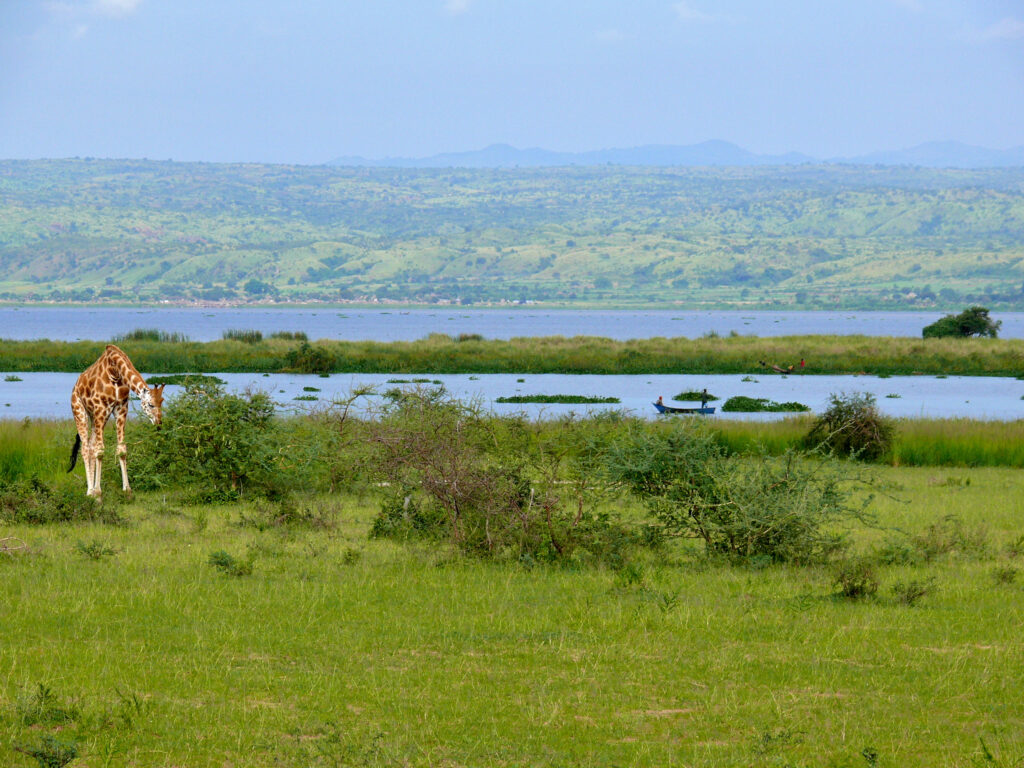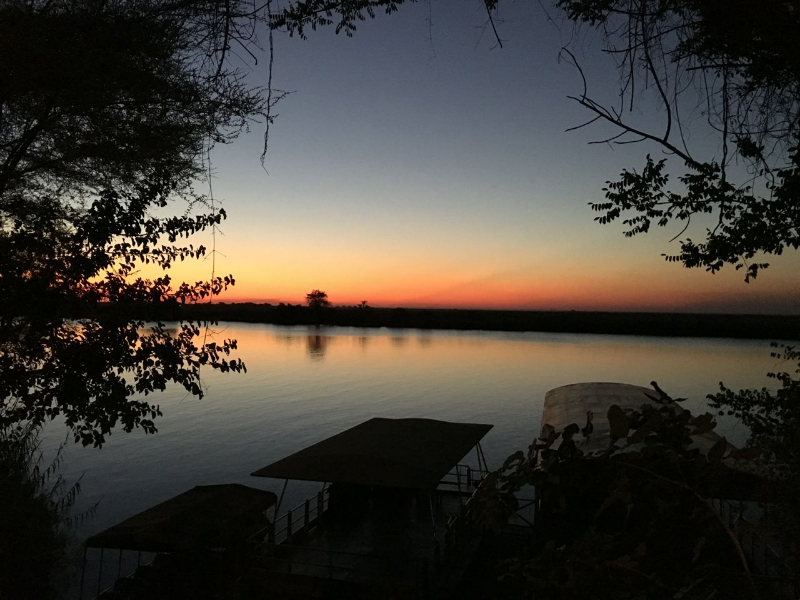If you should have the good fortune in winter to visit the northeast Indian town of Bishwanath Ghat on the banks of the Brahmaputra River, you would find it much as it has been for generations: groves of bamboo, a hilltop dak bungalow (government rest house) where my best chum, Lokhi, lived, a Hindu temple, a massive tamarind tree whose shade is home to itinerant sadhus (Hindu holy men), shops along a quiet road and a few, now sad, colonial-era buildings. Which is quite surprising, since the village sits on a bluff overlooking the braided river and offers a vista of the Assam valley. In the middle distance runs the contented river, on the far banks stand the trees of Kaziranga, redoubt of the endangered Indian rhino, and beyond, a gauzy line of blue hills. In any other world, this stunning vantage point would have been swarmed by developers with an eye for prime real estate.
But a few things have changed. The great river steamers have vanished. Indeed, if you visit the landing, older villagers will point out the trees once used as pilots’ landmarks, and as places to moor. Long before World War II and even after Independence (1947), vessels plied this river in the company of dolphins, bringing factory goods from Bengal and taking back chests of Assam tea, jute and bags of valley rice.

for heavy vessels is in prospect. Credit: Jemima Larson, 2017
The steamers would round the bend below Bishwanath to the thrashing of paddlewheels and then, with a shriek of the whistle, would edge up to the landing as boatmen swarmed the gangways, raucous crows wheeling overhead. There would follow the thunder of oil drums being rolled off the vessels, while gangs of laborers toiled to the rhythm of work songs. And then, with furnaces stoked, smoke boiling out of their stacks, they would drift away into the current, the paddlewheels churning to life, and they would surge away bound for the upstream oilfields or down river to Guwahati and Kolkata.
In those days, before ready train service, busses, or air travel, the steamers would carry passengers to and from Bengal. And travelers will recount that at the prow of those steamers would stand a boatman with a bamboo pole. As the pilot sought safe channel, the crewman would thrust his pole into the water, sounding the river and singing out the depths to the wheelhouse. (This same practice on the Mississippi gave rise to Samuel Clemens’ pseudonym, ‘Mark Twain’, meaning ‘two fathoms’.)
Especially at night during the monsoon, even as a search light played the river surface, when the pilot could not read the water or be certain of its channels and sandbars, safe passage would depend upon the boatman at the prow. And passengers on those vessels will say there was no nighttime lullaby so comforting, so sweet, as his cry in Bengali, “Baam mileh nah! Baam mileh nah!” (I cannot reach the bottom!).
It is the ageless cry of prophets and poets, sometimes even in the face of darkest currents: “Baam mileh nah! Baam mileh nah!”



There will be no dearth of interest in the articles you post considering your own travels that make it so authentic. Time produces enormous changes and means of travel that allow for adventure for some but also retard o
Sent from my iPad
>
Thanks. You write so well and I can almost picture myself on the hill top looking over the wide river. Oh for a time machine!
Mark
I’m not in Assam, but I am in Dimapur, Nagaland – with its beautiful rolling hills in the highland plateau. I’m headed this week to Dete, to a school with origins in the earliest BGC folk. It would be fantastic to see this part of the world with you!
Once again, JP, your vivid prose has sent me exploring India, via Google maps; and hopelessly lost in the labyrinthine Wikipedia. And your description of night time on the Brahmaputra, searchlights sweeping the water, took me precisely to last summer as our sternwheeler churned up the Mississippi toward Minnesota. Thanks.